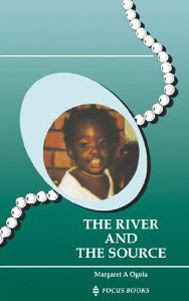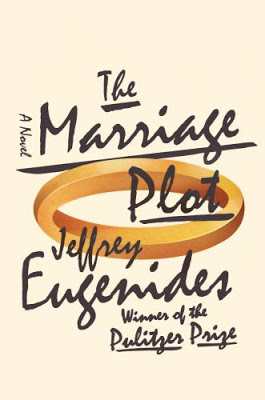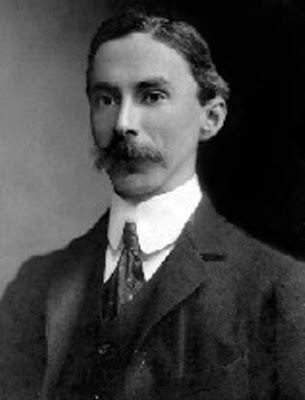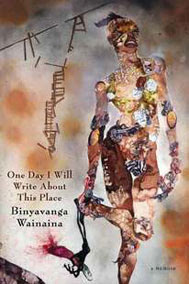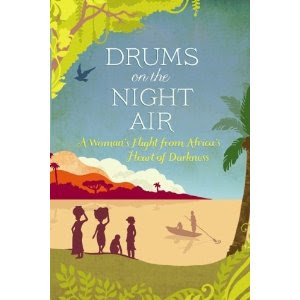This book was four hundred pages long, and I only wish it was four hundred pages longer. This is because it is fabulous.
It is a classic boy-meets-girl-who-then-meets-this-other-boy story. It is however also very much concerned with what it means to write such a ‘classic’ story.
Our girl is Madeleine, who is attending a good university in the US, where she is studying Victorian literature under a certain Professor Saunders.
In Professor Saunders’s opinion, the novel had reached its apogee with the marriage plot and had never recovered from its disappearance. In the days when success in life had depended on marriage, and marriage had depended on money, novelists had had a subject to write about. The great epics sang of war, the novel of marriage. Sexual equality, good for women, had been bad for the novel. And divorce had undone it completely. What would it matter whom Emma married if she could file for separation later?
Eugenides attempts to answer this question by charting our contemporary Emma’s path through love and marriage. She has always been considered pretty and popular, and thus it is a shock to her when her first college boyfriend, Dabney, is better looking than she is:
Underneath this pleasure . . . was a fierce need to enfold Dabney and siphon off his strength and beauty. It was all very primitive and evolutionary and felt fantastic. The problem was that she hadn’t been able to allow herself to enjoy Dabney or even to exploit him a little, but had had to go and be a total girl about it and convince herself that she was in love with him. Madeleine required emotion, apparently. She disapproved of the idea of meaningless, extremely satisfying sex.
She meets a boy named Mitchell, who falls madly in love with her. One night she comes and sits on his bed, hoping he will make a move, and when he is too frightened too, is rather hurt, and decides to keep him at arm’s length. Some time later, after one very flirtatious night, she picks a fight with him.
She’d been on the verge of calling Mitchell to apologize when she’d received a letter from him, a highly detailed, cogently argued, psychologically astute, quietly hostile four-page letter, in which he called her a ‘cocktease’ and claimed that her behaviour that night had been ‘the erotic equivalent of bread and circus, with just the circus’
They stop speaking (poor Mitchell! We return to the night she sat on his bed multiple times, with multiple other endings) and Madeline falls in love with the mysterious Leonard. He has serious manic depression, but SPOILER ALERT! she marries him on one of his upswings, immediately after graduation, and then has to live with him through his downswings. He eventually leaves her. Mitchell returns on the scene and – you’ll just have to read the book to find out what happens then.
THE MARRIAGE PLOT is a wonderful, old-school, Victorian novel, which just happens to have been written by someone alive today. I found it very accurate both about awkward modern condom conversations and traditional old heartbreak.
What blows my mind in particular is how well Madeline is drawn – how female she feels – given that Eugenides is a man. It is wildly successful imagining of another gender. The book is also very funny. Here he is, for example, on Madeline’s mother, Phyllida:
Phyllida’s hair was where her power resided. It was expensively set into a smooth dome, like a band shell for the presentation of that long-running act, her face.
On bad dish soap in Paris:
European dish soap was either eco-friendly or tariff-protected
One more, which is painfully true:
Heartbreak is funny to everyone but the heartbroken.
Oh alright, since you are begging, one last little bit, that is not funny, but is I think just lovely, accomplished writing. This is when Madeline’s high school girlfriends are visiting her:
Then the Lawrenceville girls left and Madeleine became intelligent again, as lonely, misfortunate, and inward as a governess. She rejoined Mitchell on the porch, where the sun-warmed paperbacks and iced coffee awaited her.
That’s so good that for some reason it actually makes me feel kind of bad.
